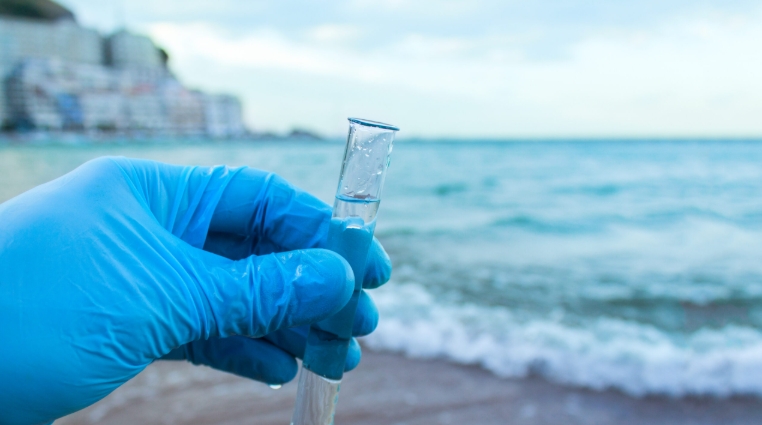Marine chemistry is a fascinating field that explores the chemical processes occurring in the ocean and their relationship to the Earth’s systems. Understanding marine chemistry is crucial not only for environmental conservation but also for insights into climate change, marine biodiversity, and ocean health. Here, we delve into key aspects of this vital science.
The Ocean’s Chemical Composition
One of the most important components of marine chemistry is the study of the ocean’s chemical makeup. This includes everything from salt and trace elements to dissolved gases like oxygen and carbon dioxide. The salinity of seawater, primarily due to the presence of sodium and chloride ions, plays a significant role in regulating ocean circulation and climate. Additionally, nutrients like nitrogen and phosphorus are vital for marine life, supporting the growth of phytoplankton, which forms the foundation of the oceanic food web. Understanding these elements helps scientists monitor ocean health and address issues such as nutrient pollution and its impact on marine ecosystems.
Chemical Reactions and Ocean Life
Chemical reactions in the ocean are essential for supporting life. For instance, photosynthesis in marine plants and phytoplankton, which converts carbon dioxide and sunlight into energy, is a fundamental chemical process that underpins the entire marine food chain. Furthermore, the ocean serves as a significant carbon sink, absorbing large amounts of carbon dioxide from the atmosphere. This natural process is vital for regulating global temperatures but also leads to ocean acidification—a pressing concern that threatens coral reefs and marine organisms with calcium carbonate shells. Exploring these chemical interactions gives us critical insights into how to protect marine ecosystems.
Human Impact on Marine Chemistry
Human activities have substantially altered marine chemistry, raising concerns about sustainability and ocean health. Pollution from agricultural runoff, plastic waste, and industrial discharge introduces harmful chemicals into the ocean, disrupting natural processes. For example, excessive nutrient runoff can lead to algal blooms, which deplete oxygen and create dead zones where marine life cannot survive. Moreover, climate change results in increased ocean temperatures and altered pH levels, further affecting marine life and ecosystems. Awareness of these impacts is essential for developing effective conservation strategies and fostering sustainable practices to preserve our oceans.
In conclusion, marine chemistry is a critical field that reveals the intricate relationships between chemical processes and ocean health. By understanding the ocean’s composition, the vital chemical reactions that support life, and the human influence on marine systems, we can work towards a more sustainable future for our oceans. If you’re intrigued by this subject, consider diving deeper into marine chemistry studies or finding local conservation efforts to get involved in. Every action counts in protecting our blue planet!

